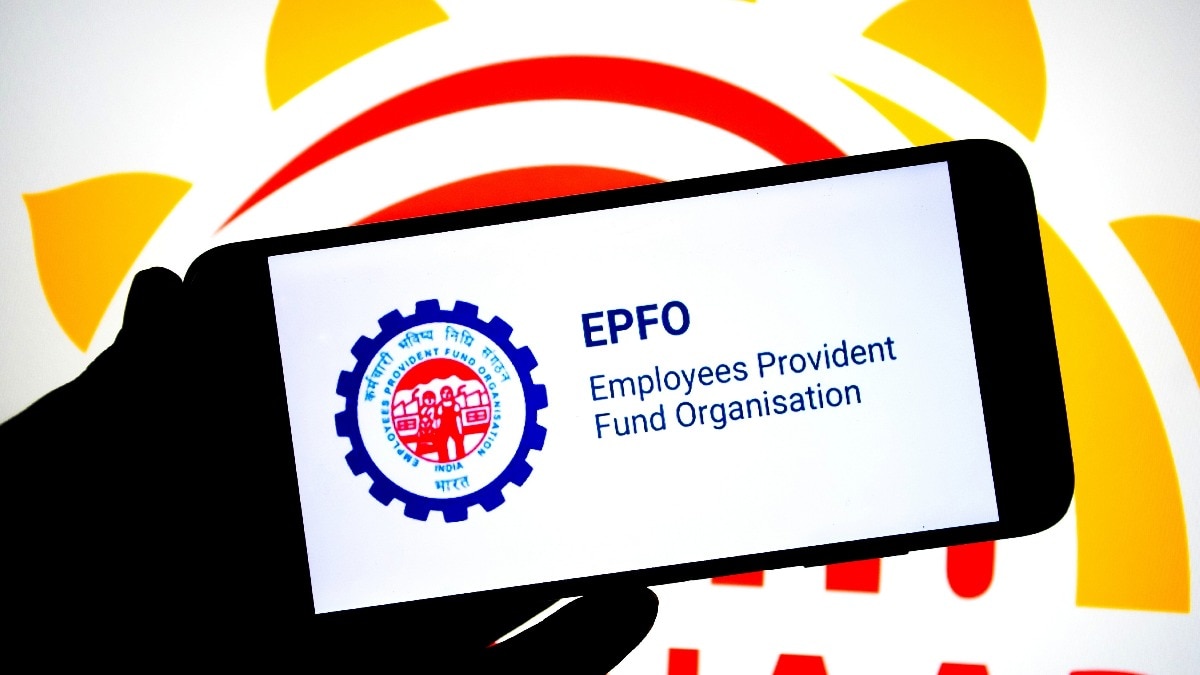With an “exceptionally high” number of applications for higher pension rejected, the Employees’ Provident Fund Organisation has now directed field formations that rejections should be based on “substantial and justifiable” reasons and applicants must be given the chance to justify minor deficiencies in their submissions.
The Ministry of Labour and employment has also said that all cases of rejections must be audited by a specialised team of chartered accountants empanelled under the Comptroller and Auditor General of India. Further, the EPFO also must deploy its own audit teams to examine cases of rejection, especially those that are under litigation.
The strict directive from the EPFO comes after it has been inundated by several complaints about rejection of higher pension applications. Sunkari Mallesham, National Vice President, Bharatiya Mazdoor Sangh and a member of the Central Board of Trustees of the EPFO had also written to the Central Provident Fund Commissioner on the issue.
“There are several cases of arbitrary rejection of applications. We had written to the CPFC highlighting this issue and they have now taken action,” he said.
For instance, in the case of NTPC, which has a single exempted PF trust, while some applications were processed, others have been rejected, he noted. “Either all applications should be processed or all should be rejected. It can not be done on an arbitrary basis,” he underlined, adding that there have been several such cases where due to some deficiency, the applications have been rejected. In some cases, employers are being asked to provide records where as the EPFO as the custodian and service provider should have the record, he further underlined.
The EPFO too underlined these issues in its latest circular. “Instances have come to the notice where cases have been rejected or retruned in spite of the fact that the exempted PF Trust rules did not contain any explicit bar in the contribution to the EPS beyond the wage ceiling,” it said. Further, in other cases, interpretation of the term “wages” has been done incorrectly by expanding its scope beyond the definition provided under the scheme. “There are even references where the process of verification has been converted into a probing exercise to look out for justification for rejection of claims,” the EPFO noted.
It also underlined that the purpose of scrutiny of application should be to ensure that the figures based on which the demand letters are issued are arithmetically correct and correspond to the wages on which the PF and pension contribution was remitted.
The EPFO has in all received 17.49 lakh applications for higher pension following the Supreme Court ruling. Of this, 7.35 lakh ineligible cases and the non-amendment of rules by exempted establishments and PSUs.






